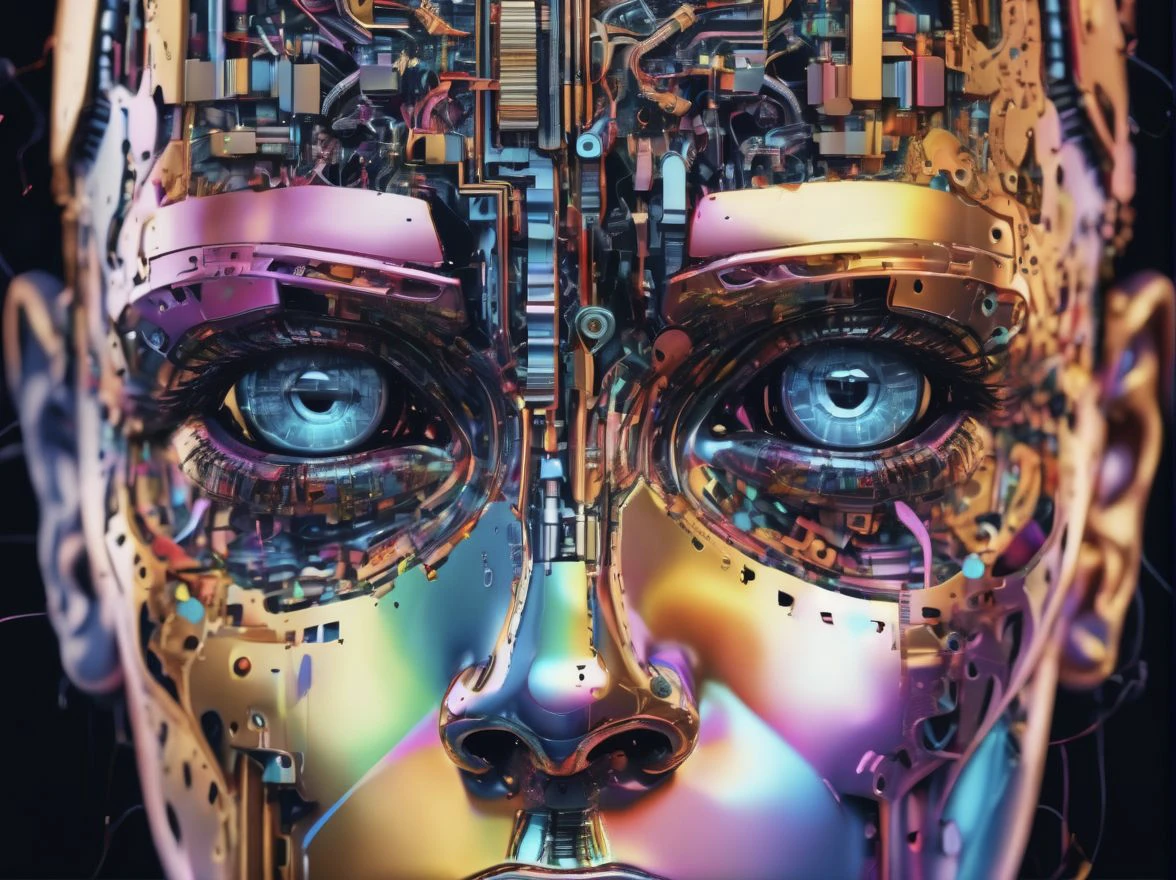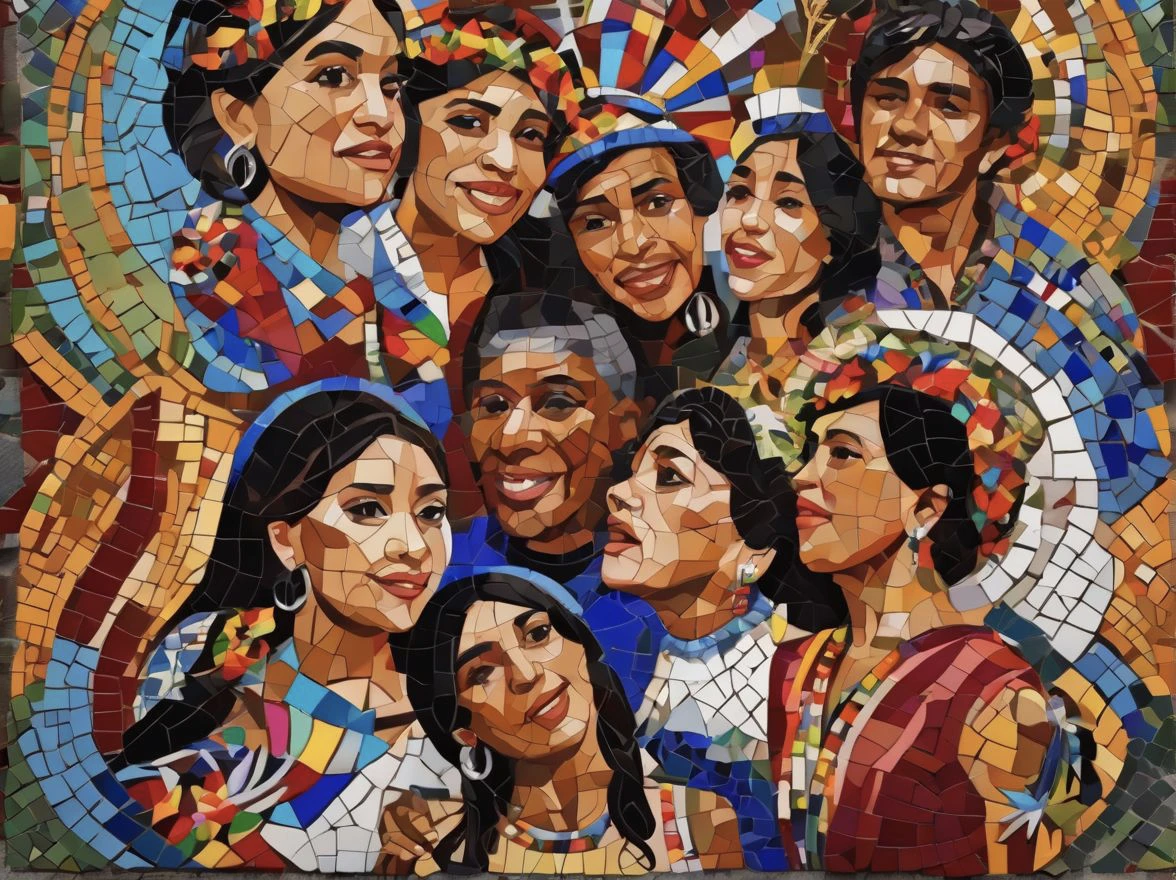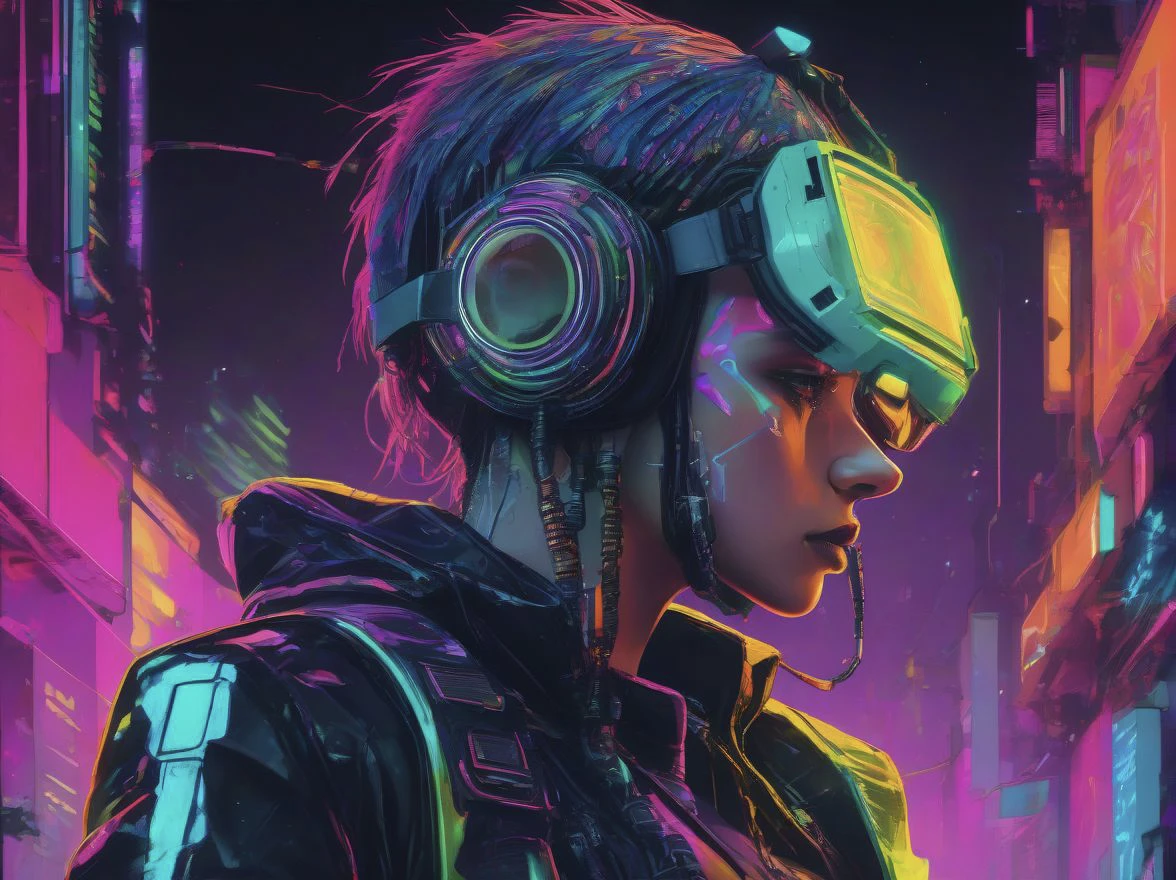October 4, 2023- 3RD OF 3
AI and Generative AI: Bridging the Gap Between Intelligence and Imagination
The ever-evolving realm of technology is continually being shaped by the relentless progress of Artificial Intelligence (AI) and Generative AI. These two domains, while distinct in their objectives, have become catalysts for innovation and transformation across various industries. In this article, we will explore the distinctions between AI and Generative AI, their applications, and the notable innovators leading the way in these fields. Additionally, we will delve into the ethical considerations associated with these powerful technologies.
AI: Forging Intelligent Agents

Artificial Intelligence, commonly known as AI, is a multifaceted field of computer science with a primary focus on creating intelligent agents capable of independent reasoning, learning, and autonomous decision-making. Leveraging diverse algorithms, including machine learning, natural language processing, and expert systems, AI has revolutionized numerous sectors. Below are key attributes and applications of AI:
Applications of AI:
Self-driving cars:
AI algorithms empower vehicles to make real-time decisions, significantly enhancing road safety and efficiency.
Spam filters:
AI-driven email filters proficiently identify and eliminate spam messages, bolstering communication security.
Recommendation systems:
Prominent platforms like Netflix and Amazon harness AI to deliver personalized content and product recommendations to users.
Virtual assistants:
Voice-activated AI assistants such as Siri and Alexa provide assistance, set reminders, and execute tasks through natural language understanding.
Medical diagnosis systems:
AI supports healthcare professionals in diagnosing diseases and interpreting medical images with exceptional precision.
Pros of AI:
Automation: AI streamlines repetitive tasks, enhancing efficiency and productivity across various industries.
Problem-solving: AI contributes to solving complex problems, particularly in fields like healthcare and finance.
Decision-making: AI systems provide data-driven insights, improving the quality of decision-making processes.
Cons of AI:
Ethical concerns: AI can be used to create discriminatory systems and perpetuate bias in decision-making.
Job displacement: Automation driven by AI may lead to job displacement in specific sectors.
Manipulation: AI can be exploited for manipulating people through misinformation or disinformation campaigns.
Innovators in AI:
Google AI:
Google's AI division is an industry leader, continuously pushing the boundaries of AI research and development. It has pioneered AI models like LaMDA, which excels in generating text, language translation, creative content creation, and informative question-answering.
Microsoft AI:
Microsoft's AI initiatives encompass a comprehensive suite of services known as Azure Cognitive Services. These services cover image recognition, natural language processing, and speech recognition, enhancing productivity and efficiency for customers.
IBM AI:
IBM's AI endeavors prioritize addressing real-world problems. It has developed medical diagnostic tools and contributed to improving the accuracy of search results through AI.
OpenAI:
Renowned for groundbreaking work in AI research, OpenAI stands out for its generative AI models like DALL-E 2, revolutionizing content creation by generating realistic images from textual descriptions.
NVIDIA:
NVIDIA's GPUs are instrumental in training deep learning models, making them indispensable for AI applications across various industries.
Generative AI: Nurturing Creativity
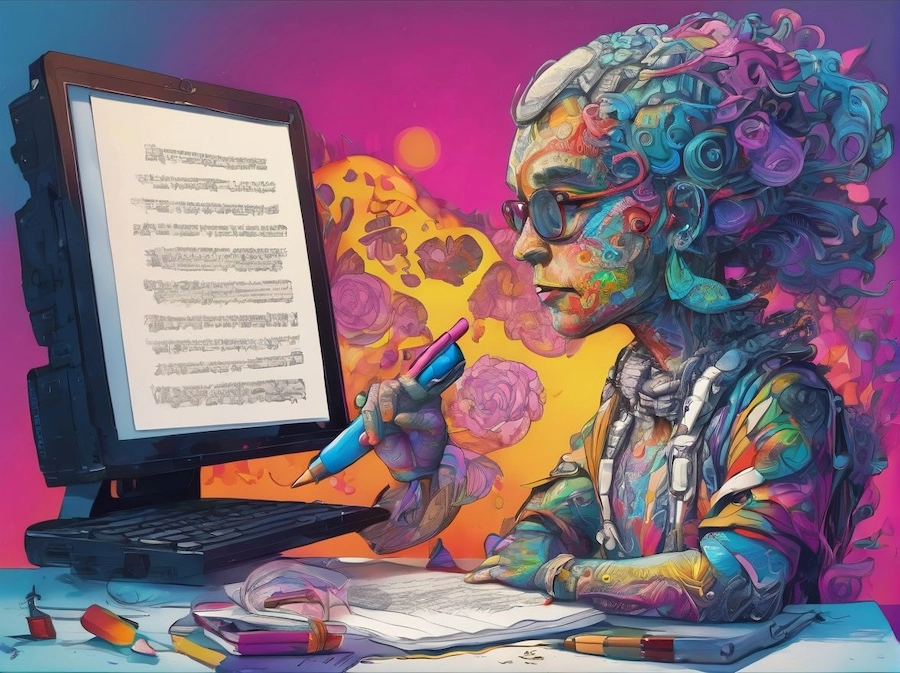
Generative AI specializes in creating fresh content, including text, images, and music, by training on extensive datasets and employing deep learning algorithms. This innovative technology is reshaping content creation and interaction. Here are some defining features and applications of Generative AI:
Applications of Generative AI:
Large language models:
Exemplified by GPT-3 and LaMDA, these models generate human-like text, enabling fluid and natural language conversations.
Image generation models:
DALL-E 2 and Imagen have the capacity to vividly render images from textual descriptions, expanding the horizons of visual content creation.
Music composition models:
Jukebox and MuseNet have redefined music composition, offering a wide array of musical styles and possibilities.
Pros of Generative AI:
Innovation: Generative AI fuels innovation by creating new and creative products and services.
Personalization: It enables personalized experiences for users, enhancing content recommendations and user engagement.
Education and entertainment: Generative AI can be used to create educational content and entertaining media, revolutionizing learning and entertainment.
Cons of Generative AI:
Misinformation: It can be used to generate fake news, propaganda, and disinformation, undermining trust in information.
Deepfakes: Generative AI can produce deepfakes, deceptive videos or audio recordings with potential harm to individuals.
Bias and discrimination: Generative AI models may replicate biases present in training data, leading to the generation of biased content.
Innovators in Generative AI:
OpenAI:
OpenAI's commitment to Generative AI extends beyond DALL-E 2. The organization continues to drive innovation in creative content generation and distribution, pushing the boundaries of what's possible.
Google AI:
Google AI's involvement in Generative AI extends beyond LaMDA, with a focus on fostering creativity through advanced models and algorithms.
Microsoft AI:
Microsoft's venture into Generative AI complements its broader AI offerings, ensuring a comprehensive suite of AI-powered services for creative and practical applications.
Cohere:
Cohere is making significant strides in Generative AI, exploring novel approaches to language understanding and content generation.
Anthropic:
Anthropic's research and development efforts are contributing to the advancement of Generative AI technologies, exploring new avenues for creative content generation and problem-solving.
These visionary companies are not only propelling the development of AI and Generative AI but also applying these technologies to address real-world challenges across diverse industries. Their dedication to research and innovation positions them as pioneers in shaping the future of these transformative technologies, with the potential to leave a lasting impact on our world.
As AI and Generative AI continue to evolve, these innovative companies stand at the forefront of technological progress, poised to play a pivotal role in shaping a future where these technologies are integral to our daily lives.
Ethical Considerations
As AI and Generative AI continue to evolve, addressing ethical concerns becomes paramount. To harness the benefits while mitigating risks, ethical guidelines and safeguards must be established. These measures should prioritize fairness, transparency, accountability, and data privacy to ensure the responsible use of these technologies for the greater good.
Artificial Intelligence and Generative AI are transformative forces, heralding innovation while presenting unique challenges. AI focuses on creating intelligent agents, while Generative AI unleashes creativity in content generation. Both have their own sets of advantages and disadvantages, from automation and innovation to ethical concerns and misinformation. Responsible utilization, guided by ethical principles, is pivotal in ensuring that AI and Generative AI contribute positively to our society and steer us toward a brighter future, with the help of these visionary innovators.



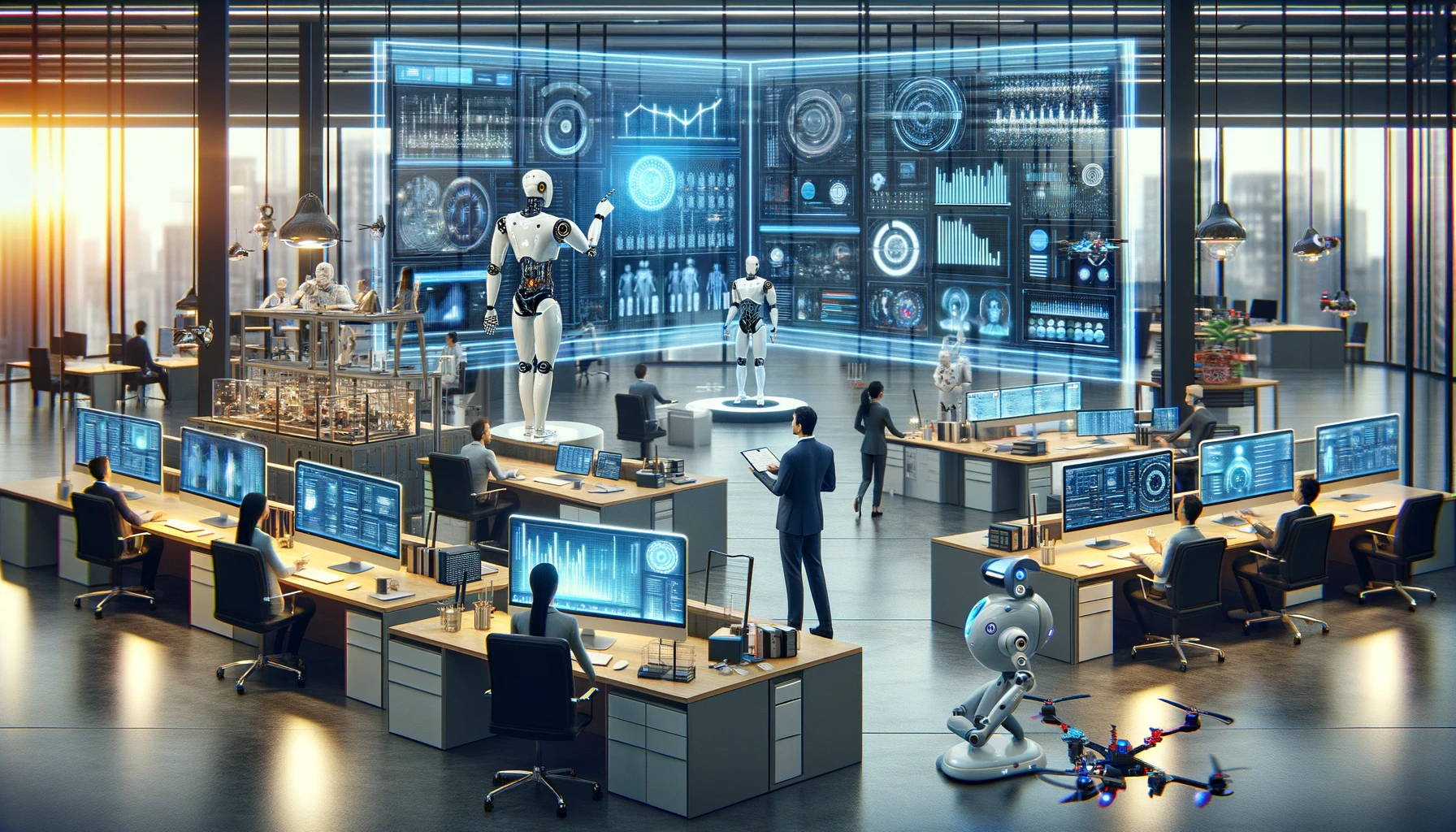



























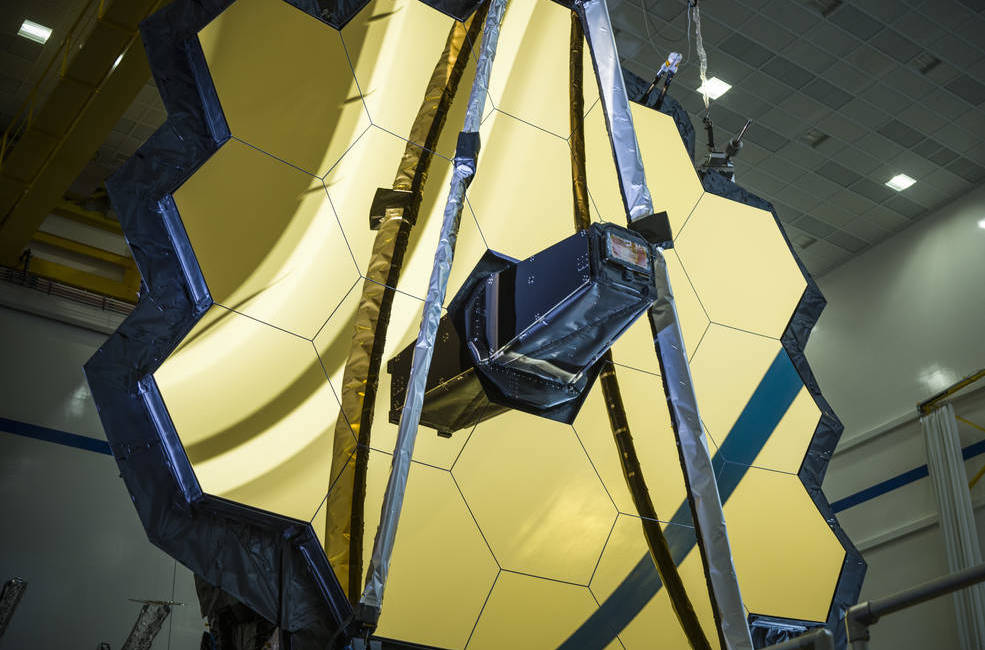





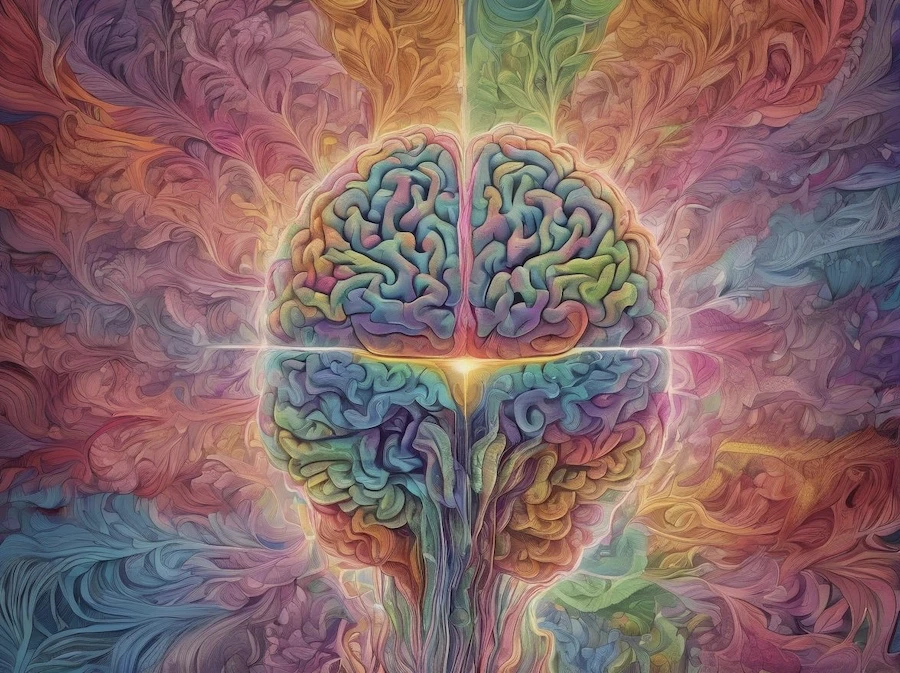











.webp)
.webp)










